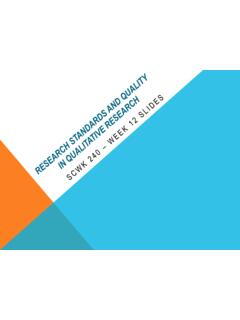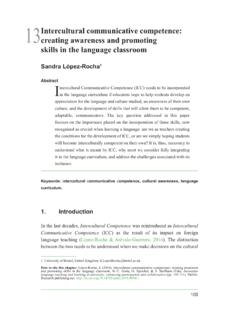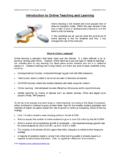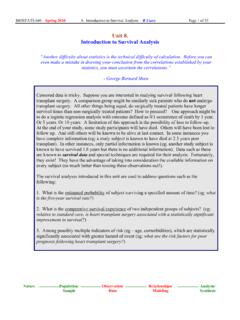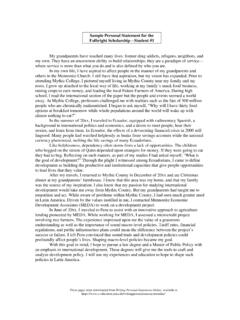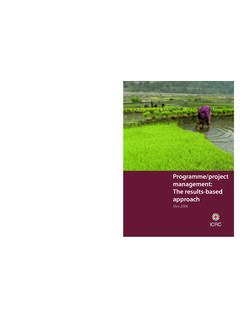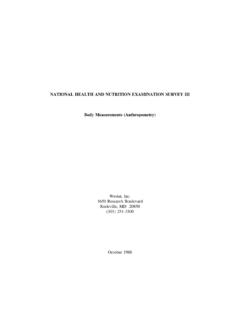Transcription of INSTRUCTED SECOND LANGUAGE ACQUISITION A …
1 INSTRUCTED SECOND LANGUAGE ACQUISITION . A LITERATURE REVIEW. REPORT TO THE MINISTRY OF EDUCATION. Auckland UniServices Limited Professor R. Ellis First published in 2005 by the: Research Division Ministry of Education PO Box 1666. Wellington ISBN 0-478-13284-0. ISBN no. (Internet copy): 0-478-13285-9. Copyright Ministry of Education, New Zealand 2005. All rights reserved. Enquiries should be made to the publisher. Opinions expressed in this report are those of the authors and do not necessarily coincide with those of the Ministry of Education Research reports are also available on the Ministry's website: under the Research heading.
2 INSTRUCTED SECOND LANGUAGE ACQUISITION A Literature Review AUCKLAND UNISERVICES LIMITED. A wholly owned company of THE UNIVERSITY OF AUCKLAND. Prepared for: Prepared By: Ministry of Education Professor Rod Ellis 45-47 Pipitea Street Department of Applied LANGUAGE Studies and PO Box 1666 Linguistics Wellington The University of Auckland Reports from Auckland UniServices Limited should only be used for the purposes for which they were commissioned. If it is proposed to use a report prepared by Auckland UniServices Limited for a different purpose or in a different context from that intended at the time of commissioning the work, then UniServices should be consulted to verify whether the report is being correctly interpreted.
3 In particular it is requested that, where quoted, conclusions given in UniServices reports should be stated in full. CONTENTS. 1. Section A: Pedagogic Approaches And General Theories of LANGUAGE The Oral-Situational The Notional-Functional Approach ..4. The Task-Based Summary ..6. Section B: Classroom-Based Research Into LANGUAGE Teaching And Learning [1]..9. Direct intervention ..10. Indirect Corrective feedback ..19. Small Groupwork ..22. Individual Differences and Instruction ..26. Section C: General Principles For Successful INSTRUCTED Learning ..33. Principle 1: Instruction needs to ensure that learners develop both a rich repertoire of formulaic expressions and a rule-based Principle 2: Instruction needs to ensure that learners focus predominantly on Principle 3: Instruction needs to ensure that learners also focus on form.
4 34. Principle 4: Instruction needs to be predominantly directed at developing implicit knowledge of the L2 while not neglecting explicit knowledge ..36. Principle 5: Instruction needs to take into account learners' built-in syllabus'..37. Principle 6: Successful INSTRUCTED LANGUAGE learning requires extensive L2 Principle 7: Successful INSTRUCTED LANGUAGE learning also requires opportunities for output ..39. Principle 8: The opportunity to interact in the L2 is central to developing L2. proficiency ..40. Principle 9: Instruction needs to take account of individual differences in learners ..41. Principle 10: In assessing learners' L2 proficiency it is important to examine free as well as controlled Conclusion: Making Use of the Notes.
5 44. INSTRUCTED SECOND LANGUAGE ACQUISITION 1. INTRODUCTION. The purpose of this literature review is to examine theory and research that has addressed what constitutes effective pedagogy for the ACQUISITION of a SECOND LANGUAGE (L2) in a classroom context. In other words, the review seeks to answer the question: How can instruction best ensure successful LANGUAGE learning? This is not an easy question to answer, both because there are many competing theories offering very different perspectives on how instruction can promote LANGUAGE learning and because the empirical research does not always afford clear cut findings. We will endeavour to reflect the different theoretical viewpoints and findings in the review.
6 To do otherwise would be to misrepresent the current state of research in this field. However, in order to avoid the pitfalls of complete relativity, we will attempt to identify a number of general principles, based on theory and research, which we believe can provide a guideline for designers of LANGUAGE curricula and for classroom teachers. In proposing these principles we do not wish to adopt a positivist stance. We do not believe that the research findings to date provide definitive specifications for LANGUAGE instruction. Rather we wish to suggest, in line with Stenhouse's (1975). arguments, that the principles be viewed as provisional specifications' best operationalised and then tried out by teachers in their own teaching contexts.
7 The review begins with an examination of the learning theories that underlie three mainstream approaches to LANGUAGE teaching (Section A). From there, it moves on to consider empirical studies of classroom teaching and learning (Section B). Given the vast amount of research that has taken place over the last three decades, the research considered will necessarily be selective, focusing on key theoretical claims and seminal studies. These sections provide the basis for the identification of a set of general principles (Section C). The review concludes with a discussion of how the research can best be utilized by practitioners (Section D).
8 Inevitably in a review of this nature, readers will be confronted with a number of technical terms. In some cases, where they are of central importance these will be defined in the main text. However, in cases where they are less central, they are defined in the glossary. All terms in bold print can be found in the glossary. 2 INSTRUCTED SECOND LANGUAGE ACQUISITION INSTRUCTED SECOND LANGUAGE ACQUISITION 3. SECTION A: PEDAGOGIC APPROACHES AND GENERAL. THEORIES OF LANGUAGE LEARNING. This section will examine a number of general approaches to the teaching of SECOND /. foreign languages and the theories of LANGUAGE learning that support them.
9 A distinction is commonly made between general-purpose and specific-purpose LANGUAGE teaching. The former relates, in particular, to the kind of foreign' LANGUAGE programmes that students typically experience in schools. The latter relates to LANGUAGE programmes designed for specific groups of learners ( students studying Maths and Science through the medium of a SECOND LANGUAGE ). It is likely that LANGUAGE curricula for New Zealand schools will involve both approaches, depending on the learners involved. Here, however, for reasons of space, we will focus on general-purpose LANGUAGE pedagogy. Pedagogic approaches are typically informed by both a theory of LANGUAGE and a theory of LANGUAGE learning (Richards & Rogers, 1986).
10 For example, audiolingualism (Lado, 1964), was informed by a structuralist model of LANGUAGE and by behaviourist learning theory. In this review, however, we will focus on the underlying theories of LANGUAGE learning. We will discuss three general approaches to the teaching of a SECOND / foreign LANGUAGE and identify the learning theories that underpin them. The three approaches are (a) the oral-situational approach, (b) the notional-functional approach and (c) the task-based approach. These approaches have been chosen because they are mainstream' and thus probably reflect the current practice of LANGUAGE pedagogy in New Zealand.
